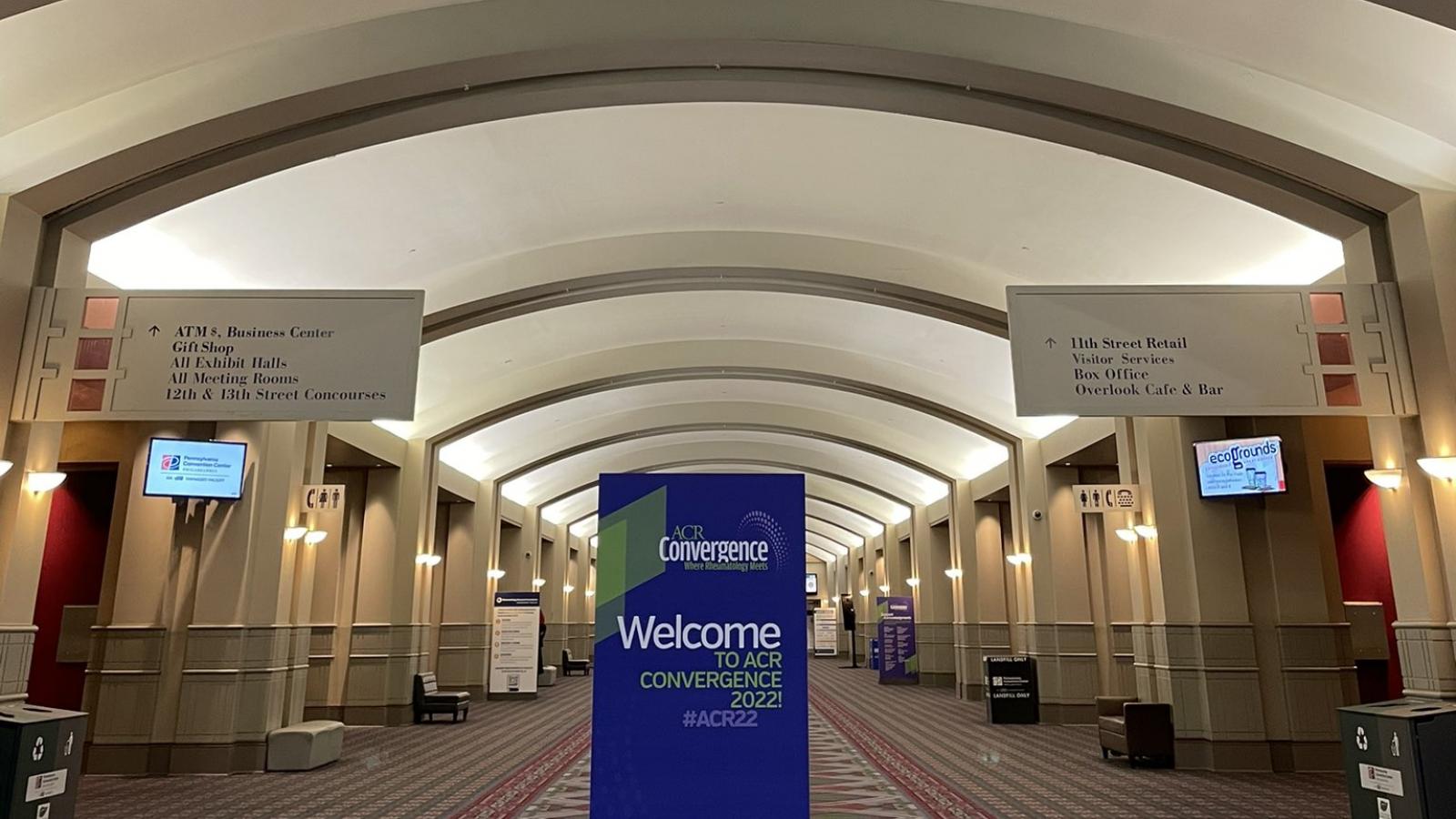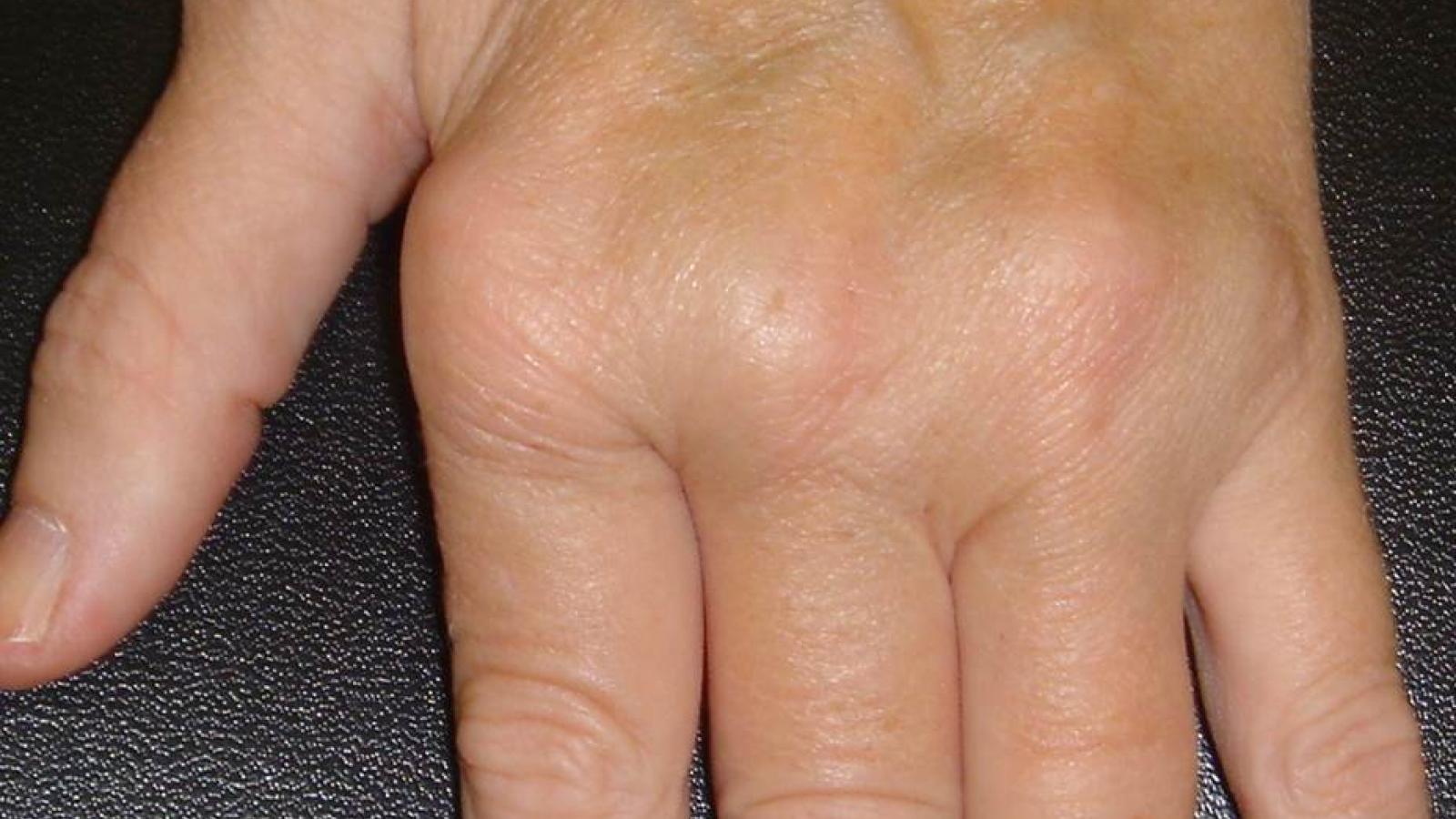Drug Safety
Inhibition of B-cell Activating Factor (BAFF) has revolutionised the treatment of patients with systemic lupus erythematosus. However, outcomes of therapies within the same class (i.e. BAFF-inhibitor) when evaluated in randomised controlled trials have been inconsistent.
The last day was jammed with important reports and research including the late breaking abstracts.
A few things we know about opioids: use is common; it’s not efficacious in the treatment of spondyloarthritis; and, there is an opioid epidemic and its users are stigmatized. Abstract 0402 is a retrospective study that looked at patients with psoriatic arthritis or ankylosing spondylitis in the FORWARD databank. It sheds new light and leaves us with some food for thought
One of the enduring legacies of ACR 2022 for me will be the emphasis on polymyalgia rheumatica (PMR). Despite being highly inflammatory and relatively common, a remarkable paucity of trials have been run in this space. Read on for a quick PMR-roundup from the meeting!
Day two at ACR 2022 was full of great sessions on imaging, vasculitis, lupus, vasculitis, spondyloarthritis, COVID, pregnancy, microbiome, economics and more.
Here are the RheumNow faculty selections for #ACRbest abstracts today:
Much has been written about tapering medications in rheumatic diseases, often due to high costs of medications, a desire to avoid side effects and patient preference to take less medications (especially if they have side effects).
This is countered by something we all know: medications not taken don’t work, and those that are frequently missed may not provide optimal outcomes for the majority of patients.
Is there finally something new on the horizon in Sjogren’s syndrome?
The RheumNow faculty reporters have been scouring the meeting and online presentations to find the best abstracts from ACR22. Here are some of their choice abstracts reported today on day 1 of ACR 2022 (#ACRbest).
Recently the FDA approved deucravacitinib, a highly selective TYK2 inhibitor for psoriasis. Trials are positive in psoriatic arthritis and a phase II study in SLE. What about the effects? Presentations from the ACR22 meeting may provide answers.
The management of RA patients with a history of cancer continues to be an area of concern. General recommendations are to treat patients with a history of solid organ cancer as no different to any other RA patient. Recently, the ORAL-Surveillance study demonstrated evidence of a greater risk of cancer with tofacitinib than with TNF inhibitors. In this setting, two posters both reassure and raise a new cause for concern.
A Japanese large scale claims data study was able to collect 5-year data to study the treatment patterns in Still’s. In May 2019, intravenous tocilizumab was approved in Japan for Still’s disease. The study was designed to see patterns of steroid exposure before and after the approval of this therapy.
The patient advocacy organization CreakyJoints will present 13 scientific posters at this year's ACR Convergence 2022 and 8 posters as part of the patient perspectives track. Below is a sampling of these scientific posters.
Priority Research Topics for Vaccine Uptake Among Adults with Autoimmune Conditions (Oral Presentation, Abstract 2247, Monday, November 14, 2022, 4:30-6:00pm ET)
Rheumatoid arthritis treatment has come leaps and bounds in recent decades. Gone are the days of gold injections, chemical synovectomies, and physician-mandated bedrest (heaven forbid). Though the marketplace for RA treatments is becoming ever more crowded, there are still unmet needs.
The updated 2022 EULAR recommendations for the management of rheumatoid arthritis (RA) were initially presented by Dr. Josef Smolen at EULAR 2022, and are now in press delineating the most recent developments and perspectives in RA treatment.
New research being presented this week at ACR Convergence 2022, demonstrated that polyarticular juvenile idiopathic arthritis patients were more likely to achieve clinical remission with a combination of conventional and biologic DMARDs compared with other consensus treatment plans by the Childhood Arthritis and Rheumatology Research Alliance (CARRA).


























 Poster Hall
Poster Hall